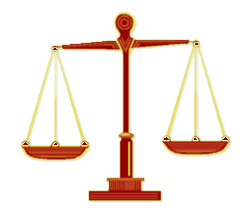Injunction
legal order to stop doing something From Wikipedia, the free encyclopedia
An injunction is a court order that either commands or prevents a party from doing a specific act.[1]

US law
Injunctions can be temporary or permanent. A restraining order and a preliminary injunction are examples of temporary injunctions.[2] Either may be issued early in a lawsuit to prevent either party from doing anything that might unfairly influence the outcome of the litigation. A permanent injunction is usually issued after a case is settled. It enforces the final decision of the court.
Australian apprehended violence orders
In the state of New South Wales, an apprehended violence order (AVO) may be issued against a person from whom another person fears violence.[3] They can be issued to prevent physical abuse, harassment or stalking. Any person who violates an AVO may be charged with a criminal offence.[3]
UK injunctions and super-injunctions
While the United Kingdom has injunctions much the same as other countries they also have super-injunctions. This is an injunction (sometimes called a gag-order) that prevents journalists from writing anything about a court case.[4] It also prevents them from reporting that the injunction itself has been issued.[4] If any injunction in the UK prevents details of the order from being known it is also called a super-injunction.
Anti-suit injunctions
In common law countries anti-suit injunctions are court orders used to prevent a court or tribunal from assuming jurisdiction or taking over an ongoing lawsuit.[5] An anti-suit injunction may also be used to prevent a party from filing a second lawsuit in another jurisdiction at the same time as the first case.[6]
Related pages
- Burden of proof
- Civil litigation
- Equity (law)
- Equity court
- Lawsuit
- Peace bond
- Anti-social behaviour order
References
Wikiwand - on
Seamless Wikipedia browsing. On steroids.
